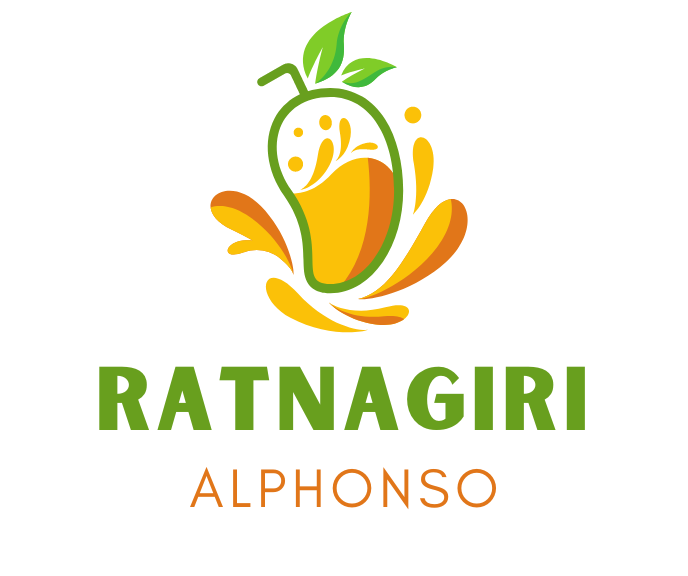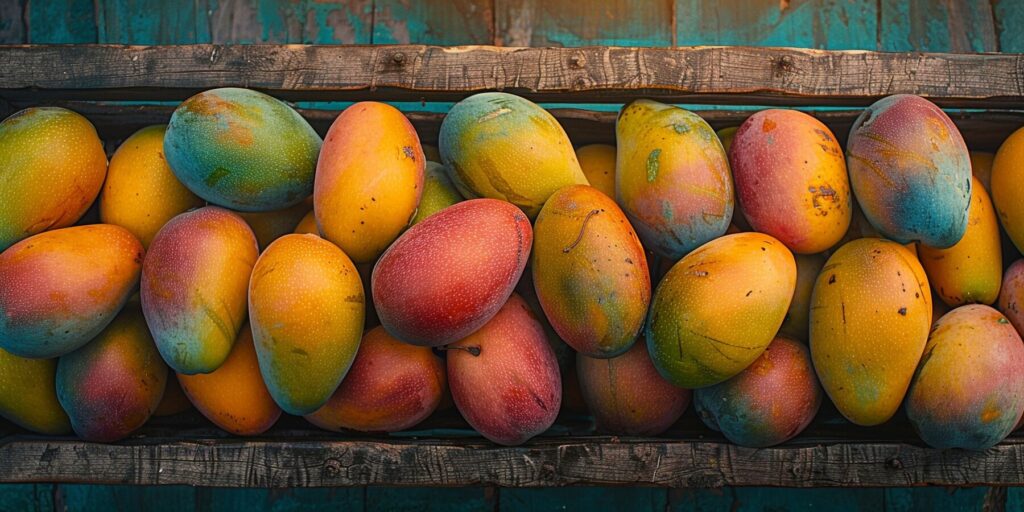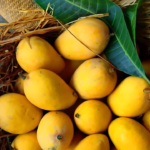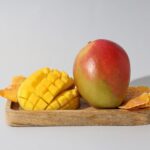Mangoes hold a special place in the hearts and kitchens of people worldwide, and in India, they are often referred to as the “king of fruits.” Among the countless varieties of mangoes, the Alphonso Mango reigns supreme, renowned for its unbeatable flavor, aroma, and rich texture. However, within the Alphonso category, two particular varieties often spark debate among mango lovers: the Ratnagiri Mango and the Devgad Mango. Both are celebrated for their high quality and sweetness, but they each have unique qualities that set them apart.
In this article, we will explore the differences between Ratnagiri Mangoes and Devgad Mangoes, from their geographical origins to their taste profiles, and help you decide which one is right for you. If you’re looking to buy mangoes online, understanding these distinctions will guide you in making the best choice for your taste preferences.
1. Geographical Origins: Ratnagiri vs. Devgad
The primary difference between Ratnagiri Mangoes and Devgad Mangoes lies in their place of cultivation. Both varieties are grown in the Konkan region of Maharashtra, but in distinct areas.
- Ratnagiri Mangoes: Grown in the Ratnagiri district, these mangoes benefit from the region’s coastal climate and the unique soil composition. The fertile, lateritic soil of Ratnagiri, combined with ample rainfall and proximity to the Arabian Sea, creates ideal growing conditions for the Alphonso Mango.
- Devgad Mangoes: The Devgad Mango, on the other hand, is cultivated in the smaller coastal town of Devgad in the Sindhudurg district. Like Ratnagiri, Devgad’s soil and climate are perfect for growing Alphonso Mangoes, but the microclimate of this region gives the Devgad Mango its distinctive taste.
While both regions produce Alphonso Mangoes, the slight differences in climate and soil contribute to variations in the taste, texture, and appearance of the mangoes. These subtle distinctions are enough to make each variety unique in its own right.
2. Taste Profile and Flavor Notes
When it comes to taste, both Ratnagiri and Devgad Mangoes are known for their rich sweetness, but their flavor profiles have slight differences.
- Ratnagiri Mangoes: The flavor of Ratnagiri Mangoes is often described as intensely sweet with a delicate balance of acidity. The acidity adds a refreshing tang that complements the overall sweetness, making each bite a complex and delightful experience. The mangoes from Ratnagiri also tend to have a slightly firmer texture compared to Devgad Mangoes.
- Devgad Mangoes: Devgad Mangoes are known for their distinct, creamy sweetness. These mangoes have a smooth, buttery texture and an exceptionally sweet taste with very little acidity, making them highly sought after by those who prefer a pure, rich mango flavor without any tang. The unique microclimate in Devgad adds to the depth of the mango’s sweetness and enhances its aroma.
While both mangoes are undoubtedly delicious, those who prefer a slightly tangy flavor may lean towards Ratnagiri Mangoes, whereas those who want an unadulterated, creamy sweetness may prefer the Devgad Mango.
3. Texture and Pulp Quality
Texture plays a significant role in the mango-eating experience, and this is another area where Ratnagiri and Devgad Mangoes differ.
- Ratnagiri Mangoes: The texture of Ratnagiri Mangoes is smooth but firm, making them ideal for slicing. The pulp is rich and juicy, with minimal fibrous content. This texture is perfect for eating fresh or using in recipes where the mango holds its shape, such as fruit salads or desserts.
- Devgad Mangoes: The Devgad Mango has a softer, more buttery texture compared to its Ratnagiri counterpart. Its flesh is almost fiber-free, giving it a luxurious, melt-in-your-mouth quality. The pulp of a Devgad Mango is incredibly smooth, making it perfect for making mango pulp, smoothies, and creamy desserts like mango mousse or ice cream.
For those who enjoy a more substantial texture in their mangoes, the Ratnagiri Mango is an excellent choice, while those who prefer a silky, soft texture may favor the Devgad Mango.
4. Size and Appearance
Although both Ratnagiri and Devgad Mangoes belong to the Alphonso Mango family, they differ slightly in size and appearance.
- Ratnagiri Mangoes: Generally, Ratnagiri Mangoes are slightly larger than Devgad Mangoes. They have a bright yellow skin with a golden hue and may develop a reddish blush when exposed to direct sunlight. The shape is typically oval with a slight curve.
- Devgad Mangoes: Devgad Mangoes tend to be smaller and more uniform in size. Their skin is also a vibrant yellow but may appear slightly paler compared to Ratnagiri Mangoes. The shape is usually more elongated and less curvy than the Ratnagiri variety.
Both mangoes are visually appealing and make for an excellent addition to fruit baskets, but if you’re looking for a slightly larger mango, the Ratnagiri Mango might be your pick.
5. Season and Availability
The Alphonso Mango season is relatively short, running from March to June, and this applies to both Ratnagiri and Devgad Mangoes. However, their availability may vary slightly depending on the specific growing conditions in each region.
- Ratnagiri Mangoes: These mangoes are typically available earlier in the season, starting from March. Since Ratnagiri is a larger district with more extensive mango farms, Ratnagiri Mangoes are generally available in larger quantities, both in India and for export.
- Devgad Mangoes: Devgad Mangoes usually hit the market a bit later, around April, and their availability may be more limited due to the smaller scale of production. As a result, Devgad Mangoes can be harder to find and often command a higher price due to their limited supply and high demand.
6. Pricing and Demand
Both Ratnagiri and Devgad Mangoes are considered premium mangoes, but Devgad Mangoes are often more expensive. The smaller production scale and the mango’s reputation for unmatched sweetness make Devgad Mangoes a luxury item, especially when purchased online or exported to other countries.
While Ratnagiri Mangoes are also premium fruits, their larger production scale and earlier availability can make them slightly more affordable than Devgad Mangoes. However, both varieties are highly prized, and their prices reflect their superior quality.
7. Buying Mangoes Online: Which to Choose?
Thanks to the rise of e-commerce, it’s now easier than ever to buy mangoes online, including both Ratnagiri and Devgad Mangoes. When deciding which variety to buy, consider your personal taste preferences. If you prefer a mango with a balance of sweetness and tanginess, the Ratnagiri Mango is a great choice. On the other hand, if you’re looking for a purely sweet, creamy mango with a melt-in-your-mouth texture, the Devgad Mango is the way to go.
Make sure to buy from reputable sellers who source their mangoes directly from farmers in the Ratnagiri and Devgad regions to ensure you get the real deal.
Conclusion
Both Ratnagiri Mangoes and Devgad Mangoes offer a unique taste experience, with subtle differences in flavor, texture, and availability. Whether you prefer the firm, tangy-sweet flavor of the Ratnagiri Mango or the rich, creamy sweetness of the Devgad Mango, both varieties provide an authentic taste of India’s finest Alphonso Mangoes. By understanding the differences between these two premium mangoes, you can make an informed decision the next time you buy mangoes online and enjoy the pure taste of these exquisite fruits.



